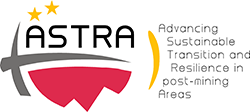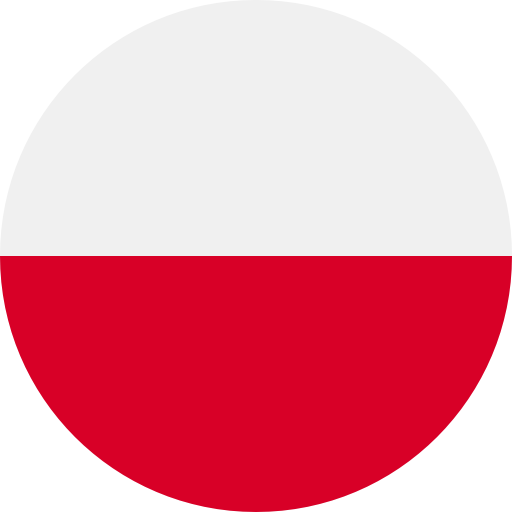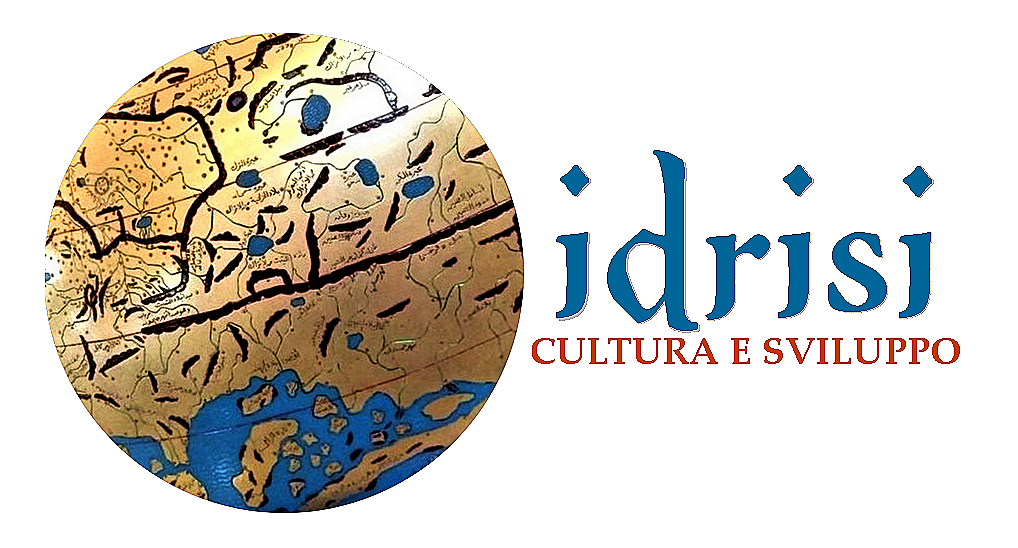Borynia Coal Mine
49º 59' 58'' N 18º 36' 46'' E
South-East
Poland
Description
Borynia is a sołectwo in the northern part of Jastrzębie-Zdrój, Silesian Voivodeship, southern Poland. It was an independent village but became administratively part of Jastrzębie-Zdrój in 1975. It has na area of 822.92 ha and on December 31, 2012 it had 1,909 inhabitants.
Extracted Materials
Borynia represents one of the largest coal reserve in Poland having estimated reserves of 34 million tonnes of coal. The annual coal production is around 3.4 million tonnes.
Antropological info
First the miners equip themselves with a variety of safety equipment, from lights, helmets, masks, goggles and boots to the life-saving breathing apparatuses that are vital in the event of a methane leak or underground fire. Then they take a two-minute ride on a high-speed elevator 600 metres down into the earth. After that a small, four-car train that runs throughout the mine’s labyrinth of tracks and corridors transports them further downward for about 10 minutes until they reach paths that are accessible only on foot.
Sociologal info
Examples of such conflict are many, and several reasons have been advanced as to the causes for these conflicts and are based on structural controls of different governments
Archaeological info
The sprawling Borynia-Zofiówka-Jastrzębie site, covering 66 square kilometres, is home to a processing facility, administrative offices, storage and such shipping infrastructure as mining elevators, rails, trains and trucks. The mine itself is a vast interconnected network of tunnels and caverns, some of which are 1,200 metres deep.
Sustainable tourism insights
Europe experiences the development of post-industrial tourism documenting the time of growth of traditional coal basins. Contemporarily, the processes of deindustrialization take place. The material resources of traditional industry are being liquidated – which is expensive, or are adapted for the needs of tourism, which gives a new chance of development for these regions which are by rule in a difficult economic situation. Polish coal basin where many industrial plants and coal mines were closed as a result of restructurizing may serve as an example. Similar processes, although in smaller a scope, occur in the Czech Republic.
Environment sustainability
One of the most important considerations at Borynia-Zofiówka-Jastrzębie is productivity. The robustness of the rock tools used at the mine is directly correlated to downtime, lost production and higher labour costs. Sandvik TriSpec tools are equipped with double carbide rings that substantially improve wear resistance, an essential feature in the harsh environment of a coal mine.









